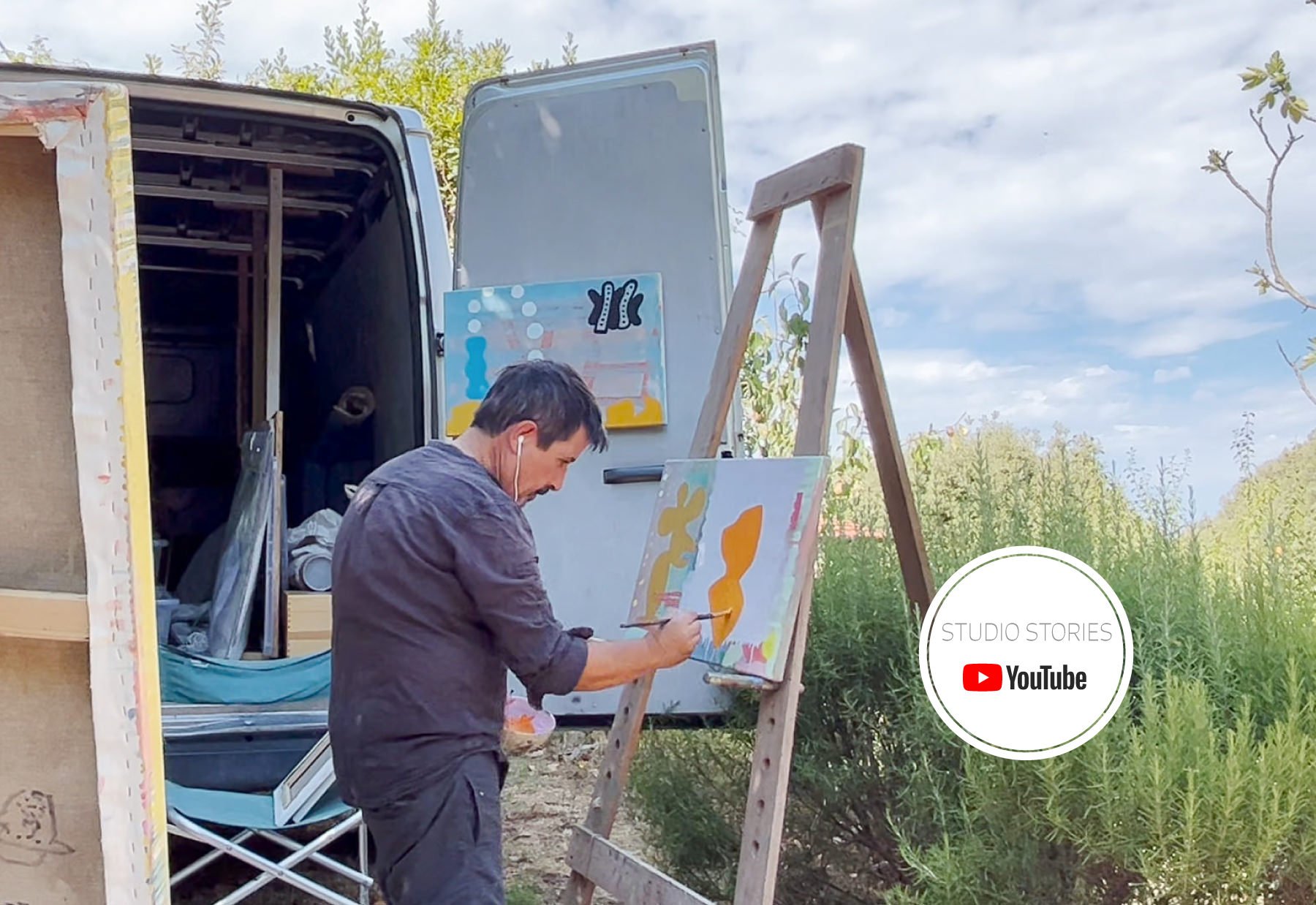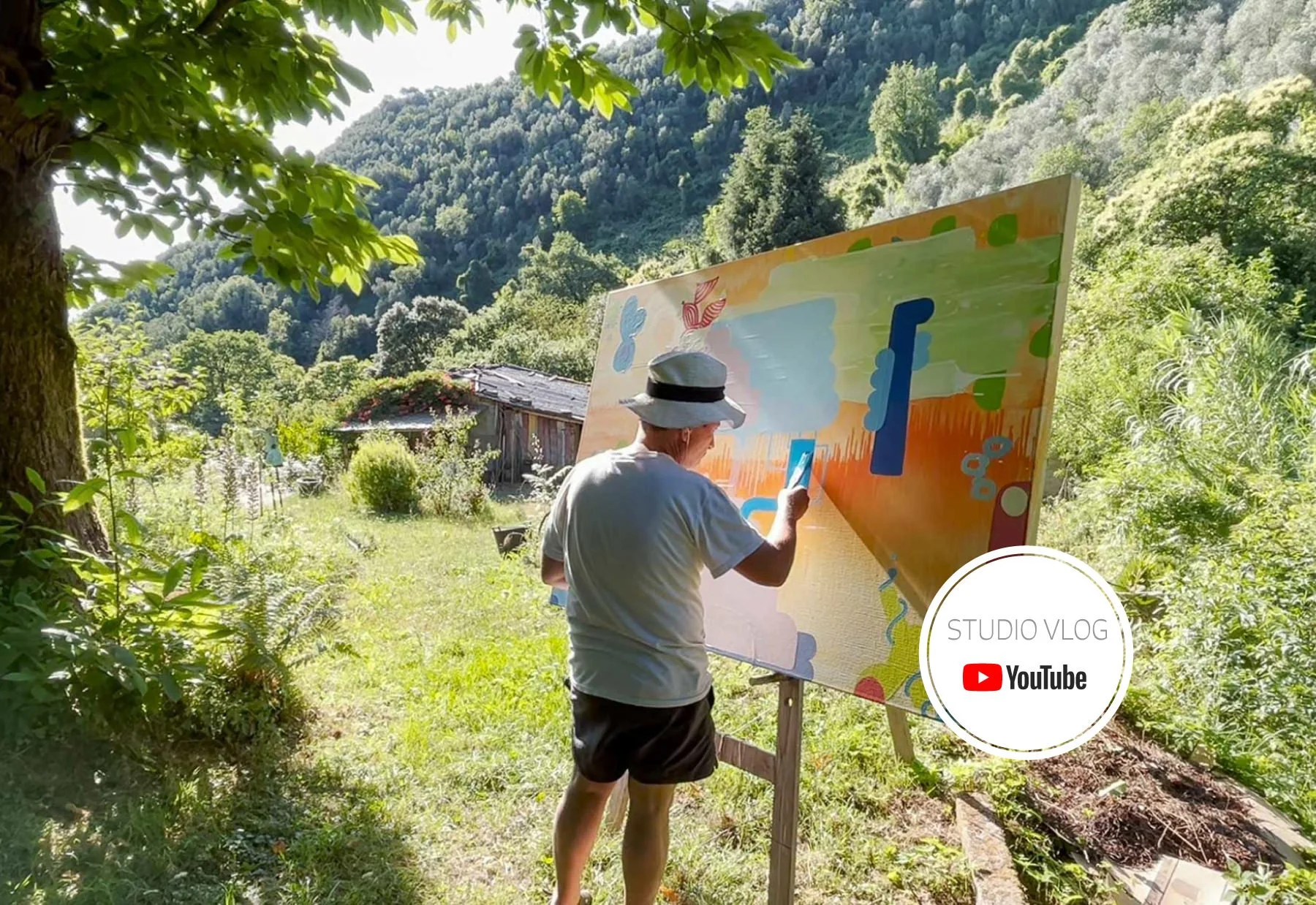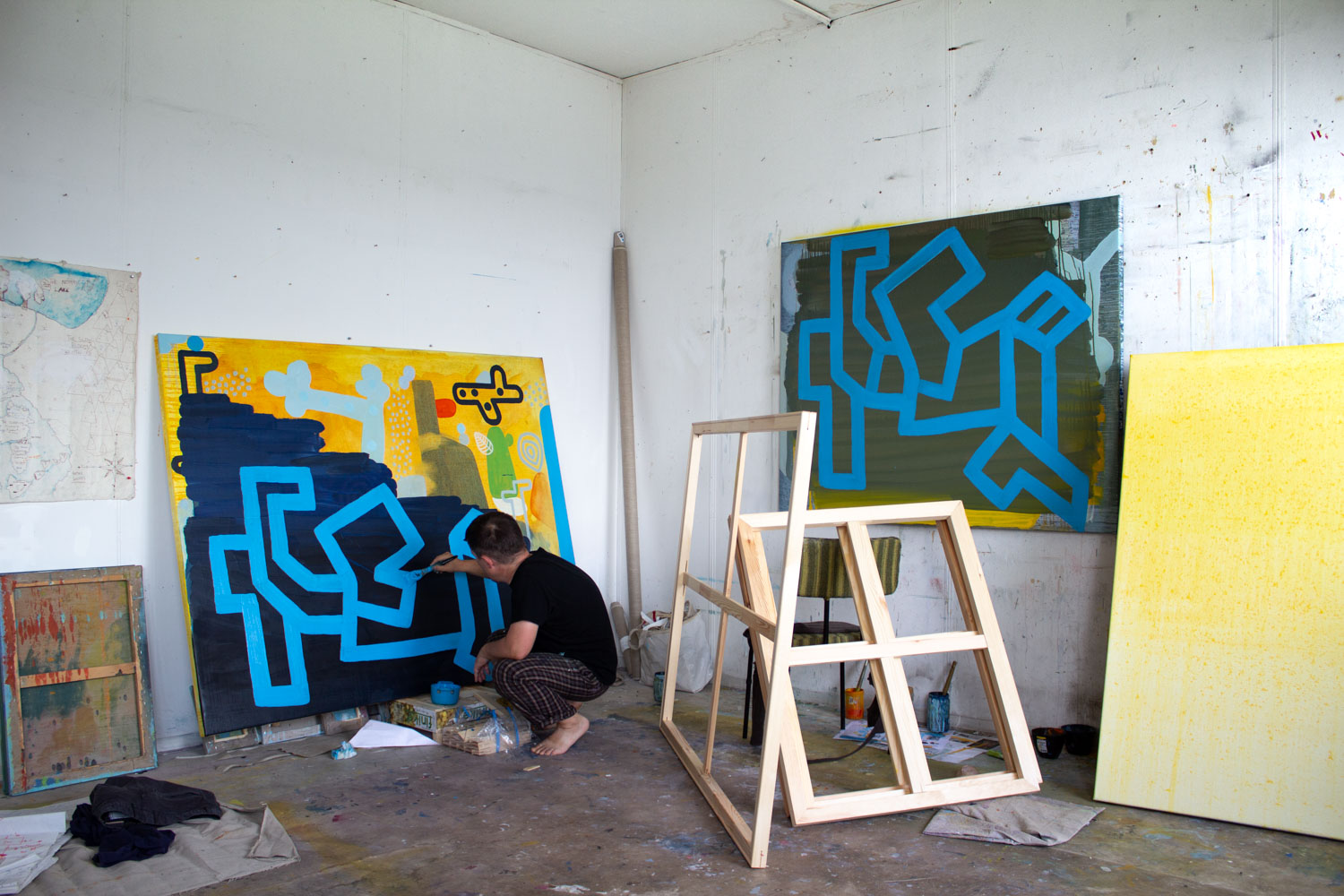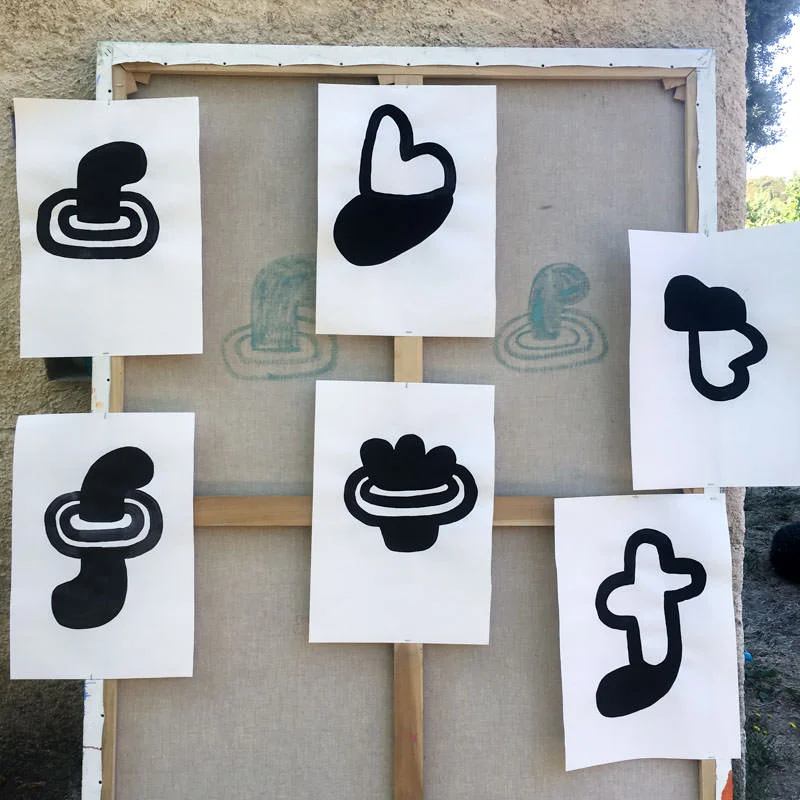I found this book 25 years ago on the floor of a train going from Dublin to Limerick. I love the cigarette burn and old ticket from London to Southampton used as a bookmark. The author was born in Paris in 1918 and was the youngest son of René Gimpel, the well-known art dealer from that time. He had an exciting life and having read his book, I get the feeling he would rather be in a car crash than share a meal with an artist. If he had his way, we would all be banished to the wilderness to dig trenches.
The first chapter is called 'Against art and artists". It's a bit of a harsh summery of artists and their role in society. He quotes Thomas Mann, who describes artists as having characteristics such as 'cussedness', a great term I might use more often. We are also lazy, unable to adapt, problematic, ambitious, adventurers and criminals. He highlights even more sinister characteristics as you work your way through the book using different authors to back him up. He is at pains to say these observations of artistic behaviour is principally limited to painters and sculptors. Architects, writers, poets, musicians or actors are lucky enough not to be afflicted.
I enjoyed the book for the many interesting anecdotes about famous artists. His chapter on the life and work of Giotto in the 1300s was my favourite. There's a great story about Dante calling in on Giotto while he worked on the Arena Chapel in Padua. Giotto's children (if his contemporaries were to be believed) were well known for their ugliness. While Dante fell into ecstasies over the beautiful figures Giotto was busy painting, one of his sons happened to turn up. Dante asked the painter "How is it that you make painted figures so well and real ones so badly" to which Giotto replied: "I do the former by day and the latter by night". Giotto was also celebrated for his wit.
Gimpel tears into Giotto for a few pages then writes a few interesting chapters on Florentine bankers around that time. He holds most of his scorn in check until he gets to Cezanne and Gauguin. In a twisted way, I think it is good for me to read work from people who object to what I do. That said, it eases the pain a little that I found the book and didn't spend any money on buying it.













